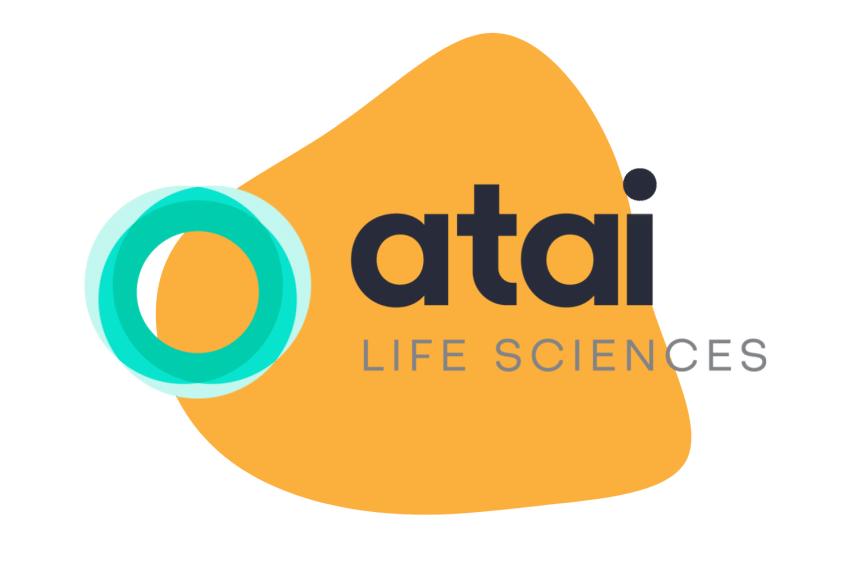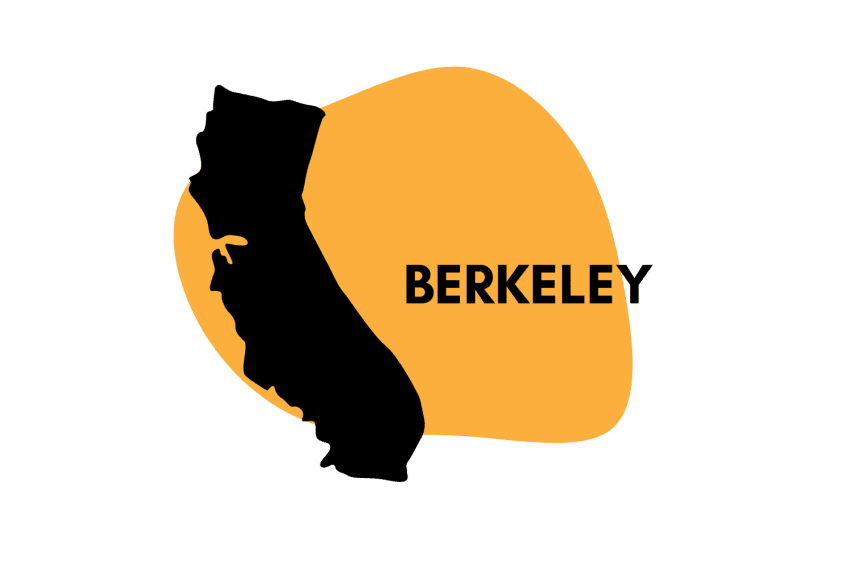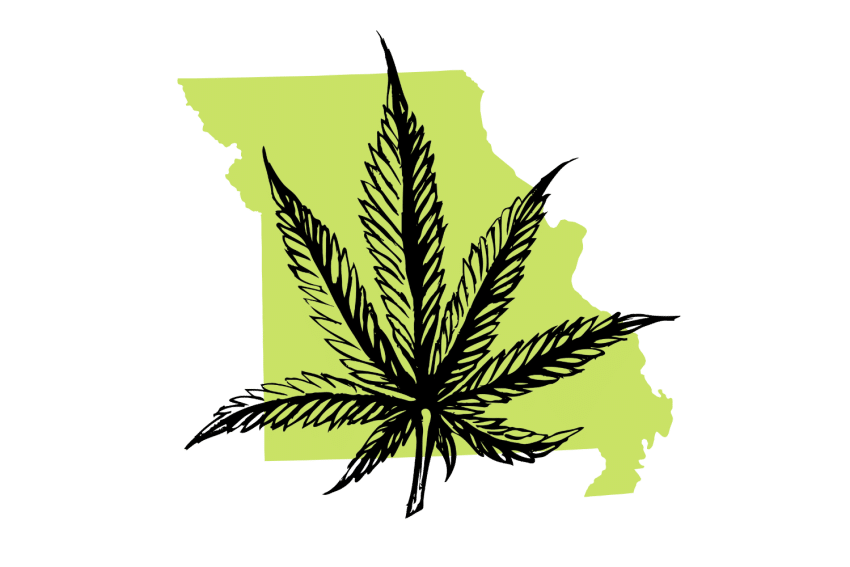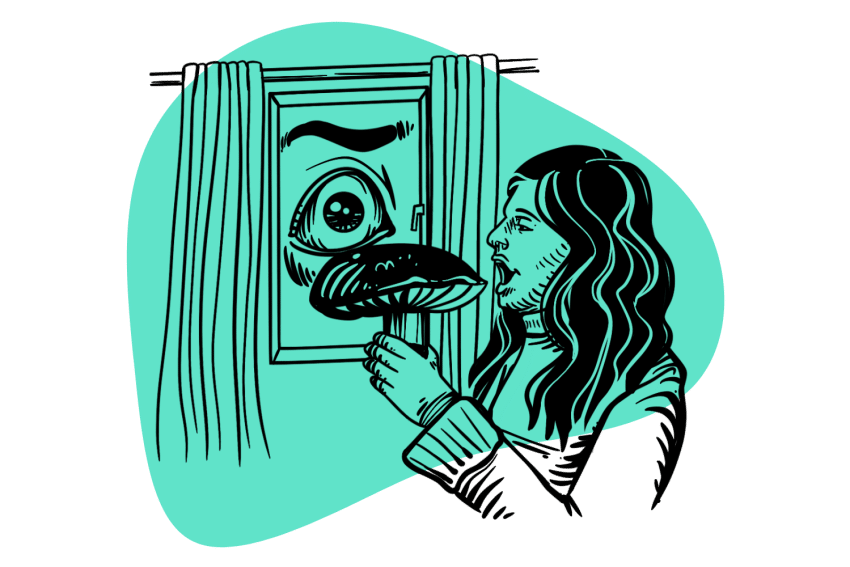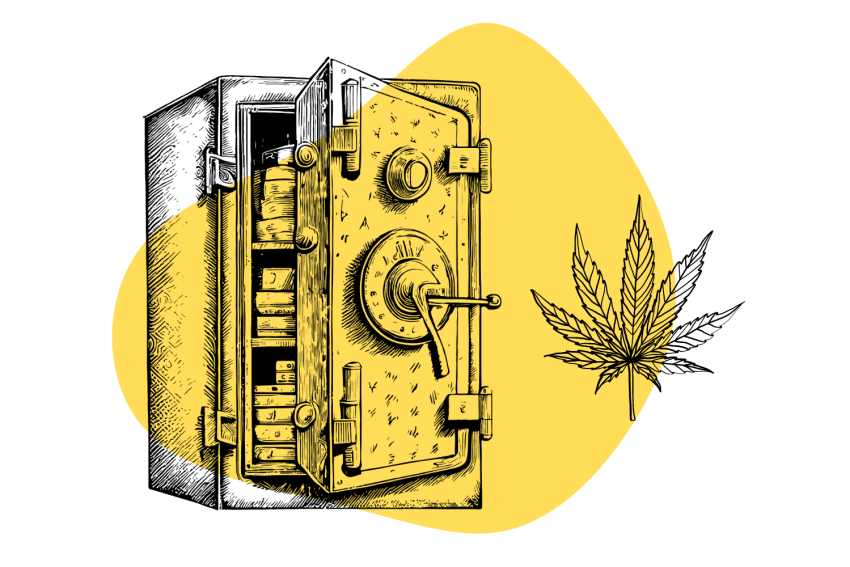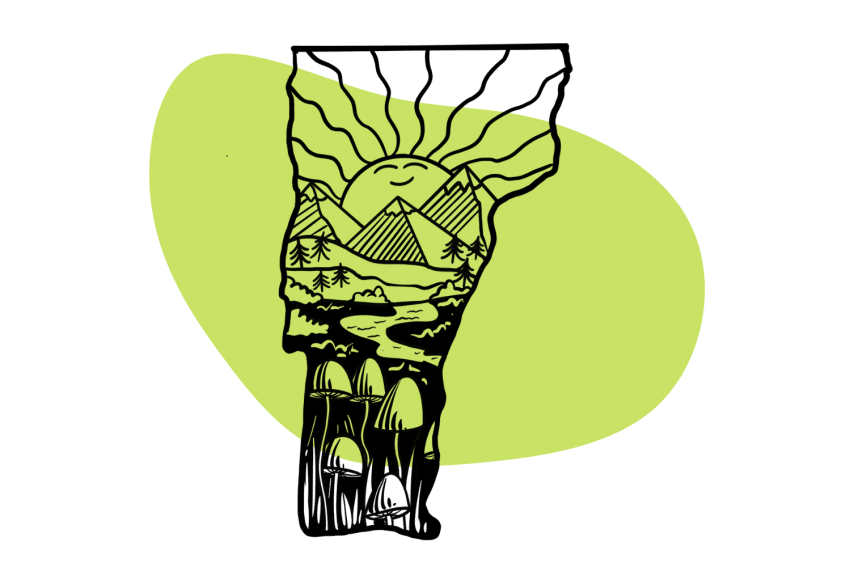AOC, Others Fail at Psychedelic & Marijuana Reform In NDAA
Alexandria Ocasio-Cortez made headlines when she filed for an amendment to the National Defense Authorization Act (NDAA) to include psychedelics. Here’s what happened.
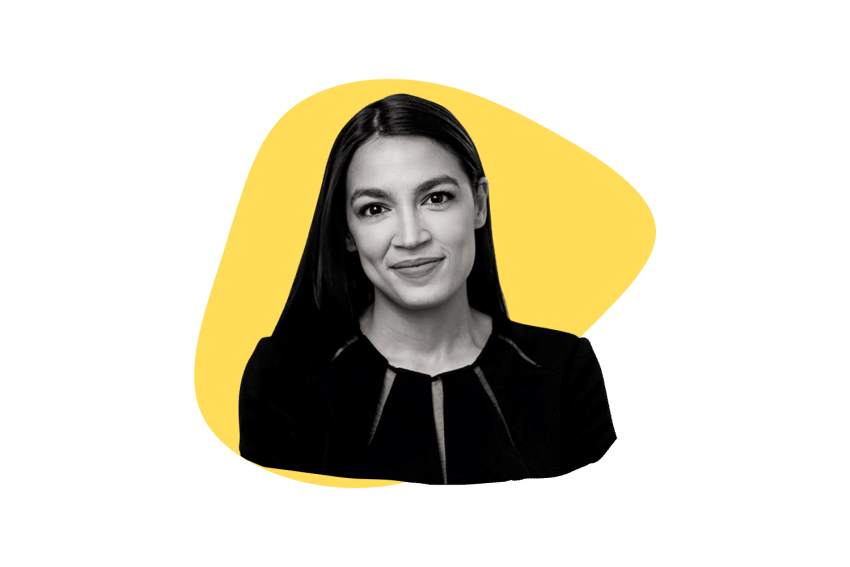
In July 2022, Rep. Alexandria Ocasio-Cortez announced the filing of an amendment to the must-pass National Defense Authorization Act (NDAA).
The House of Representatives voted to include the language in their version of the bill, requiring the Department of Defense to study the benefits of MDMA, cannabis, and psilocybin for military service members.
The announcement came just shy of one year after a previous tweet in which she tried to accomplish the same task for the 2022 version of the bill. Her response a year ago: “Last time I intro’d this, both parties voted against it & some laughed … I’ll keep bringing it up until the times catch up.”
As Congress presented its version of the bill, it became clear there is still some distance to go. While several cannabis and psychedelic measures found bipartisan support in the House, Congress removed all of them from their final language.
While this is an incremental step forward in the fight for legalization, it ultimately found the same fate.
What is the NDAA
The NDAA sets the budget and requirements of the Department of Defense every year. Within it is everything the DoD should focus on for the year and how Congress allocates funds based on how much they believe it will cost.
Some of it — like the also-removed “Report on the Effects of Long COVID on the Readiness and Retention of Servicemembers” — can feel pedantic or even bleak. Other sections may detail mental health practices and research for the military in the coming year.
Still, others have nothing to do with the DoD at all and exist as a form of political leverage, forcing a vote on key concerns.
As a “must-pass” bill, legislation like this is vital to the function of the government and can result in it shutting down for a period if a consensus is unreachable. This fact often results in amendments with little relation to the bill at large as an exploitation of the need for it to pass.
Cannabis and Psychedelic Legislation in the NDAA
The version of the NDAA decided on by the House of Representatives included several measures for cannabis and psychedelic reform.
Some of the changes representatives were hopeful for but ultimately didn’t receive include:
- Studying the effectiveness of cannabis to see if it was a feasible replacement for opioids or other therapies.
- A review of the punishment for active duty military members consuming cannabis. This was partially to see if it was appropriate compared to the treatment for alcohol and other potential offenses.
- Research into psychedelic drugs as a treatment for PTSD and their other therapeutic potential.
- The removal of certain punishments for veterans who use cannabis with a prescription. This includes penalties for housing, healthcare, and other benefits.
- Banking regulation improvements for cannabis businesses (or the SAFE Banking Act). This is an issue that representatives have been pushing for some time, and this was the most recent attempt to do so.
There were nine total amendments surrounding psychedelic and cannabis reform that found approval in the House, only for the Senate to remove them. Several saw support from even the most staunchly conservative republicans like Matt Gaetz and Dave Crenshaw.
Why is the SAFE Banking Act Important?
Operating a cannabis business in America can be excruciatingly difficult due to a number of needless restrictions and regulations. Of these, dealing with banks is among the most significant problems marijuana companies face. Every dollar they earn — though fully legal — is technically the result of “trafficking” a schedule 1 narcotic.
Legal cannabis sales generated a combined total of over $3.7 billion in 2021. Most small businesses have to pay their fair share of taxes, but most marijuana companies have to pay far higher amounts without enjoying the benefits of the government.
Not only are they unable to claim any tax exemptions — something most small businesses rely on — but they can’t even rely on a banking institution, trade on the open market, or seek significant investments. The SAFE Banking Act has sought to correct this through several sessions of Congress and many failed iterations.
Bank regulations for the industry would make it easier to accept investments, insure your business, and finally be able to accept debit and credit cards. The SAFE Banking Act is a bandaid on the real problem — the control of marijuana by the government — but it’s a necessary one for now.
Reasons for Marijuana & Psychedelic Reform in the NDAA
Republicans know they’re in the minority in trying to tighten criminalization. Many in their own ranks understand the preposterousness of the war on drugs and the potential some of these drugs hold.
In the wars America waged in Iraq and the Middle East, 11–20% of veterans who went through active duty developed PTSD [1]. In Vietnam, this number settled at 15%, and in the Gulf War, 12% of veterans were affected by the condition.
There are many good reasons to support reform, but this is the main issue that seems to be bringing Republicans to the table. Research recently found that 67% of participants in a randomized, double-blind, placebo-controlled study were no longer diagnosable for PTSD 18 weeks after 1 MDMA session combined with therapy [2].
Important caveats to this study are the minuscule sample size — only 42 participants actually took the drug — and some significant safety concerns. Five of the participants reported “adverse events of special interest (AESIs) related to the ideation or tendency of suicide.”
Still, the suicide rate of veterans has risen steadily for the last 12 years [3], and any hope is worth celebrating and exploring.
While this is a potential win for veterans — an undeniably strong presence of voters for Republicans — this movement is long overdue. Americans overwhelmingly support the legalization of marijuana, and nearly half support the use of psychedelics for therapy.
The must-pass legislation included an attempt to push forward archaic legislation restricting and stigmatizing drug use. If representatives raise these concerns individually, outside of this context, it’s far easier for them to flounder and go unanswered.
Of course, as we see in this instance, it’s still possible for this to happen.
What Made it to the NDAA?
With a budget finalized at $858 billion, Congress has already voted in favor of passing their version of the bill. They have included none of the amendments related to cannabis, psychedelics, or their reform.
Among a large number of changes, stipulations, and directions are the following:
- Repealing the mandate to include the COVID-19 vaccine in the required vaccinations for military members.
- $800 million towards the production of weapons and security assistance for Ukraine
- Increase in parental leave and bereavement leave for servicemembers and personnel.
- Reforms to the military justice system transferring prosecutorial power over certain crimes to professional prosecutors. This applies to crimes related to rape, sexual assault, and child pornography, among others.
As usual, a mixed bag without much to grab from. Also typical, much of the forward progress — like allowing issues of sexual assault to go to trial outside of the organization — seems like they should have happened a long time ago.
Conclusions: The Fight Continues
As Ocasio-Cortes put it in her tweet from 2021, “keep bringing it up until the times catch up.” While this iteration of SAFE banking and drug reform didn’t go through, the fight is ongoing, and we have no choice but to plow ahead.
Bipartisan support is starting to back legislative efforts toward growth, and opinion has grown exponentially in favor of legalization. Of course, this will come with corporate interests and other problems we’ll have to keep an eye on while fighting for change.
For once, it seemed as though there might have been enough momentum to make real movement happen. As frequently occurs when moving objects hit the floor of the government, it all stalled out.
Perhaps there will be an effort to make some of this happen as a standalone bill as opposed to having to tack it on to other legislation. Regardless, the struggle continues, and the end seems a long way off.
References
- Hamblen, J., & Barnett, E. (2018). PTSD: National Center for PTSD. Behavioral Medicine, 366-367.
- Mitchell, J. M., Bogenschutz, M., Lilienstein, A., Harrison, C., Kleiman, S., Parker-Guilbert, K., … & Doblin, R. (2021). MDMA-assisted therapy for severe PTSD: a randomized, double-blind, placebo-controlled phase 3 study. Nature Medicine, 27(6), 1025-1033.
- Ramchand, R. (2022). Suicide among veterans: Veterans’ issues in focus. Rand health quarterly, 9(3).

